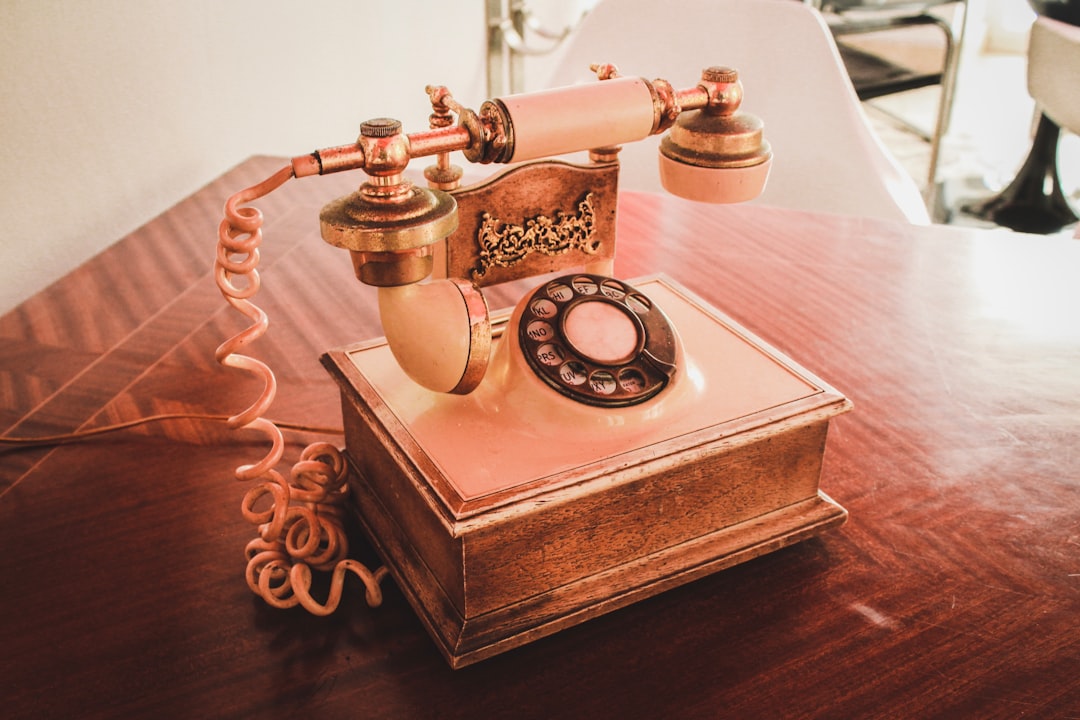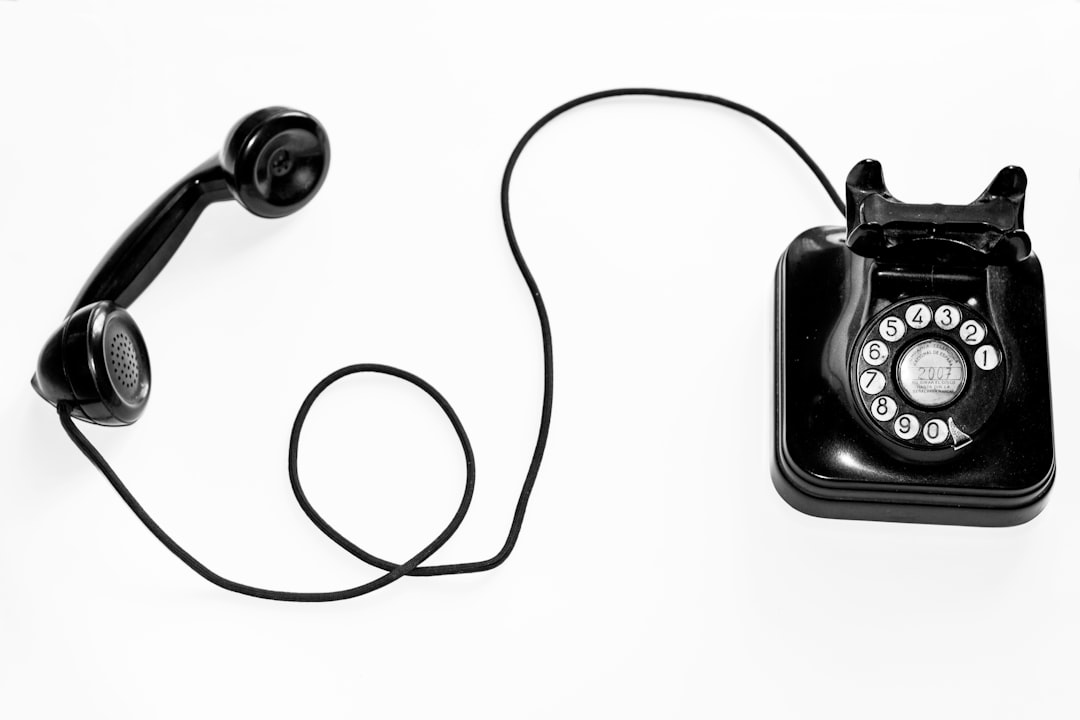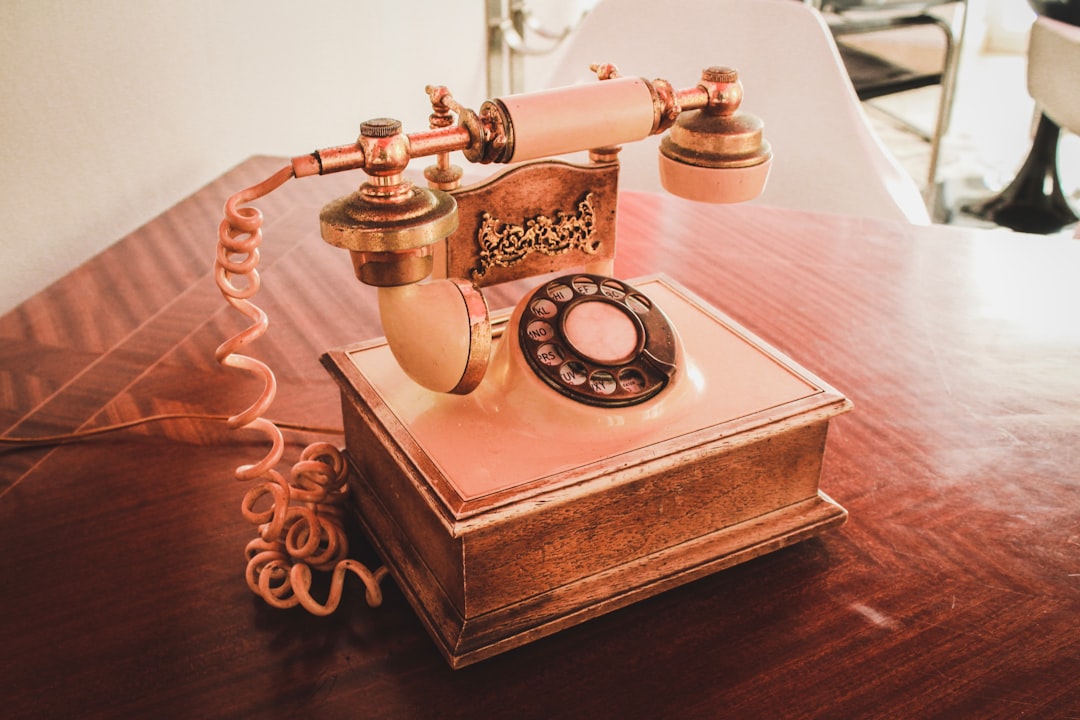Idaho's strict Do Not Call laws protect residents from unwanted telemarketing, including charitable solicitations. Charities must navigate these regulations by obtaining explicit consent through written or electronic means. Engaging Do Not Call lawyers in Idaho ensures compliance, respects privacy rights, and fosters positive donor relationships. These laws challenge charities to adapt their strategies towards digital platforms and personalized outreach, with legal implications for non-compliance. Consulting with experts like Do Not Call Lawyers Idaho is crucial for crafting compliant donor agreements and managing consent effectively.
Idaho’s strict Do Not Call laws pose unique challenges for charities. These regulations, designed to protect residents from unwanted solicitations, can hinder fundraising efforts. This article explores the impact of these laws on charitable organizations, highlighting both benefits and difficulties. We delve into legal implications and offer practical strategies for charities to navigate Idaho’s Do Not Call laws effectively, ensuring compliance while maximizing fundraising potential. Key terms like “Do Not Call lawyers Idaho” are integrated naturally to enhance SEO.
Understanding Idaho's Do Not Call Laws: A Overview
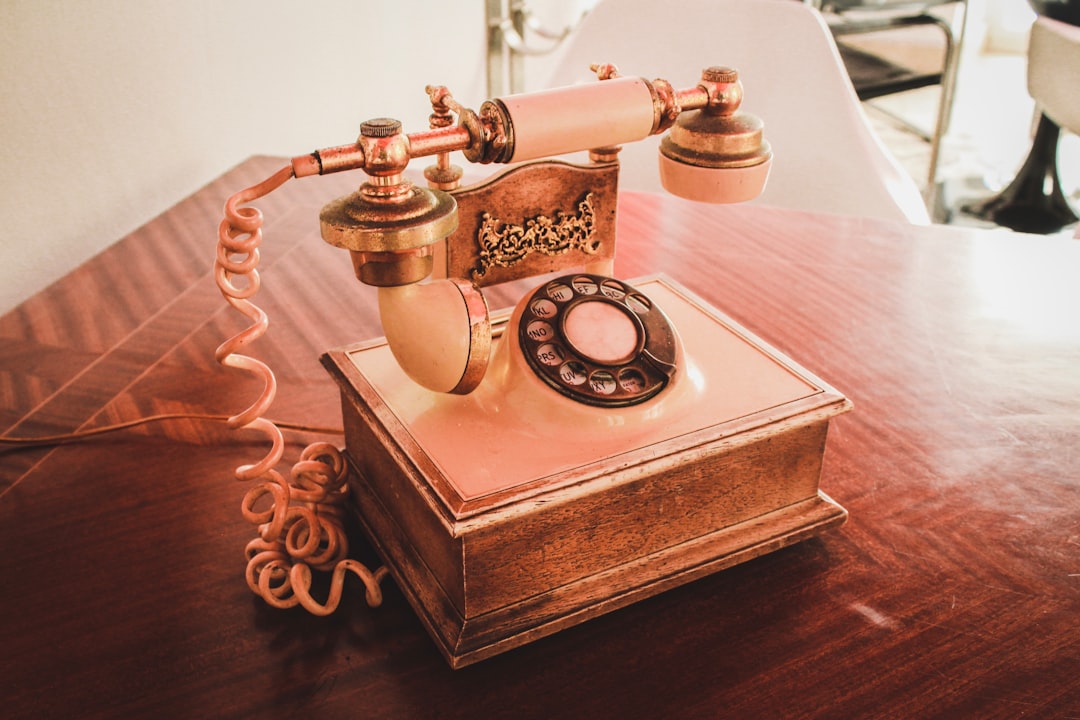
Idaho’s Do Not Call laws are designed to protect residents from unwanted telemarketing calls, but they also have implications for charities seeking donations. These laws restrict when and how organizations, including charities, can contact individuals through phone calls. Understanding these regulations is crucial for charities operating in Idaho to ensure compliance and maintain positive relationships with potential donors.
In Idaho, the Do Not Call Registry allows residents to opt-out of receiving telemarketing calls, including charitable solicitations. Charities must verify that they have proper consent before dialing, ensuring that their calls are made to individuals who have given explicit permission. This often involves obtaining written or electronic consent, which can be a challenge for organizations relying on phone banking as their primary donation method. Do Not Call lawyers in Idaho can guide charities through these regulations, helping them navigate the legal aspects of fundraising while respecting residents’ privacy rights.
Impact on Charities: The Good and the Challenges

Idaho’s “Do Not Call” laws, while protective of residents’ privacy, present unique challenges for charities operating within the state. On the positive side, these laws significantly reduce cold calling, allowing charities to focus their efforts on more targeted and personalized outreach methods. This shift encourages a deeper connection with potential donors, fostering long-term support rather than relying solely on one-off contributions.
However, the challenge arises when legitimate charitable organizations find themselves restricted from reaching out to prospective supporters. Idaho’s Do Not Call laws demand strict compliance, and any violation can result in legal repercussions for charities. To navigate this, charities must invest time and resources into understanding and adhering to these regulations, often employing sophisticated opt-in systems and database management practices. This ensures that their communication remains compliant while still allowing them to effectively engage with individuals interested in their causes.
Legal Implications for Charities and Fundraisers

Idaho’s “Do Not Call” laws present unique challenges for charities and fundraisers operating within the state. These laws, designed to protect residents from unsolicited phone calls, restrict the methods by which charitable organizations can reach potential donors. As a result, charities must navigate a delicate balance between fundraising efforts and compliance with Idaho’s stringent Do Not Call regulations.
Legal implications arise when charities fail to adhere to these rules, leading to potential fines and damage to their reputation. Fundraisers must now adapt their strategies, focusing on digital platforms and personalized outreach to ensure they connect with supporters while respecting individual privacy rights. Understanding and adhering to Idaho’s Do Not Call laws is crucial for organizations aiming to operate within legal boundaries and effectively support charitable causes.
Strategies for Charities to Navigate Idaho's Regulations
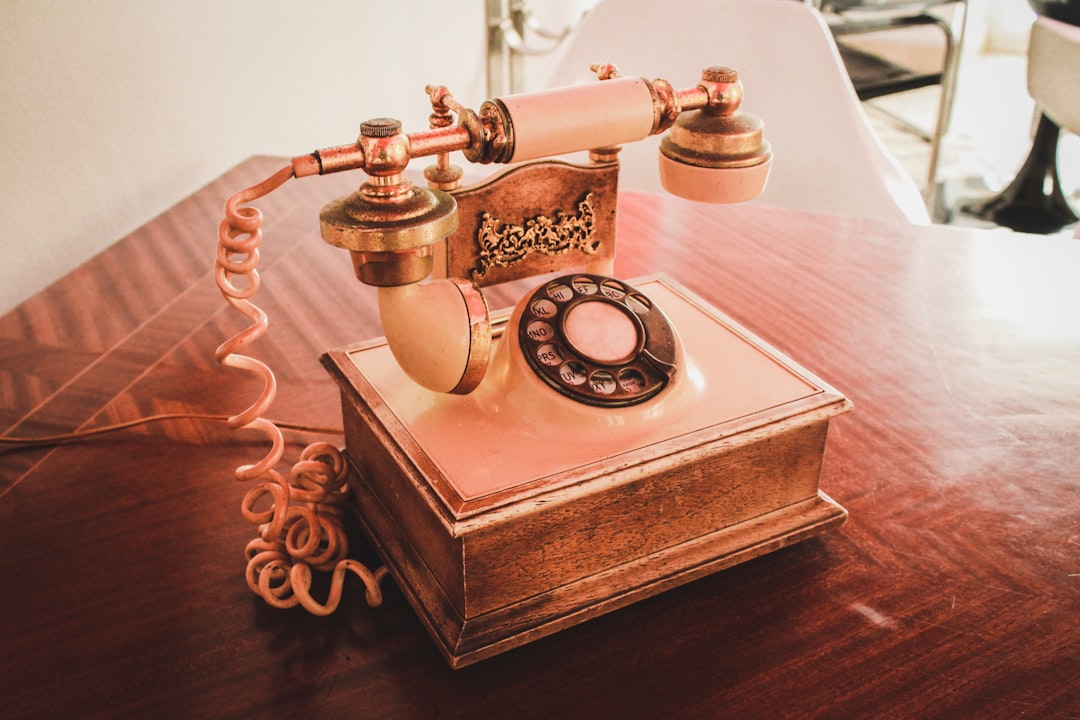
Charities operating in Idaho must be aware of and compliant with the state’s unique Do Not Call laws, which significantly impact their fundraising efforts. To navigate these regulations effectively, charities should consider a few key strategies. First, they can leverage legitimate marketing channels like email, direct mail, and social media to reach potential donors, ensuring these methods align with Idaho’s rules regarding consent and opt-out options. By obtaining explicit permission from donors and providing clear mechanisms for them to opt out, charities can continue their outreach while respecting individual privacy rights.
Additionally, working with legal experts specializing in Idaho’s Do Not Call laws is invaluable. These professionals can guide charities on crafting effective donor agreements and handling consent management. They ensure that all communication adheres to the strict regulations, avoiding any unintended violations. Such strategic navigation not only protects charities from legal repercussions but also fosters a positive relationship with potential donors, ensuring long-term sustainability in their fundraising endeavors within Idaho’s legal framework.
